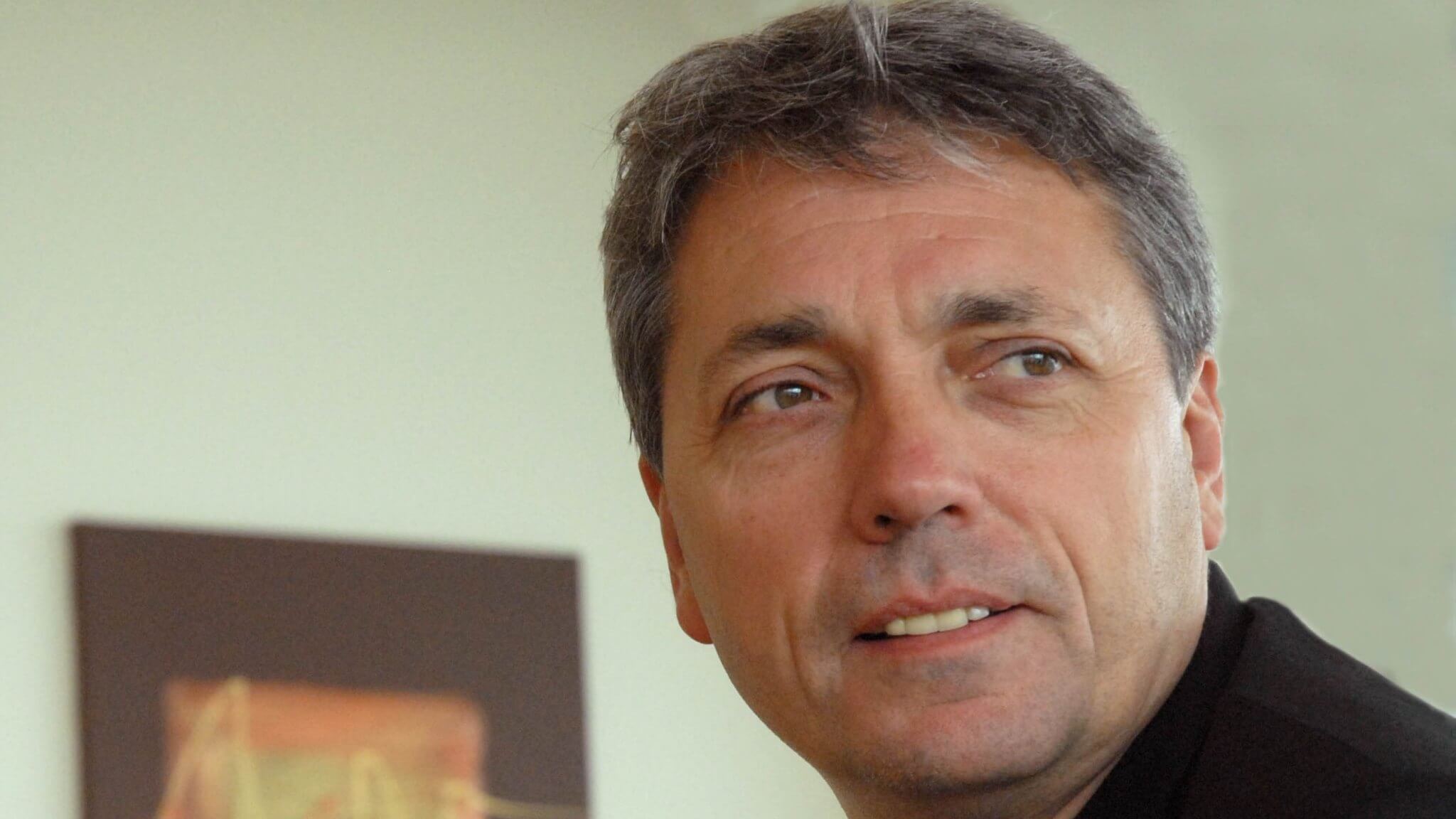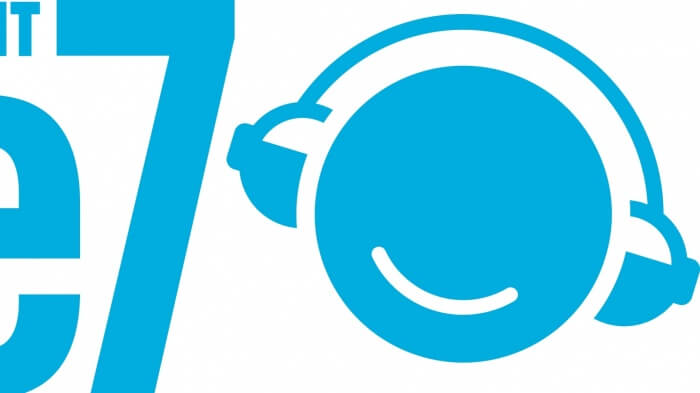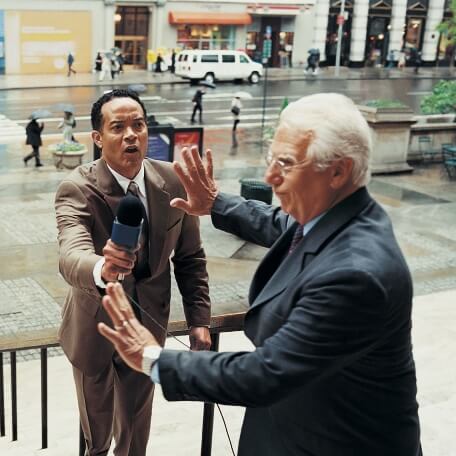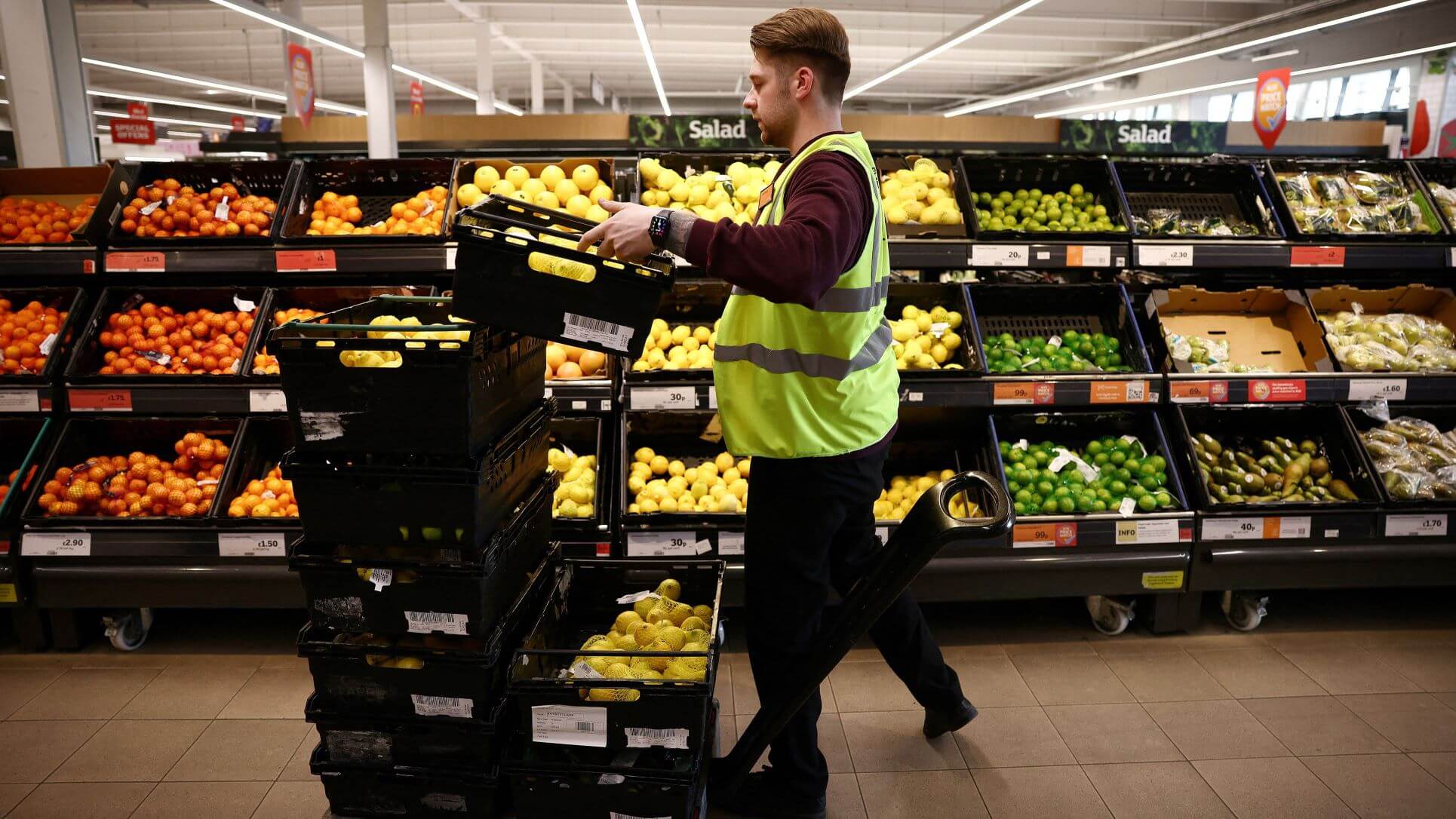Steve Purdham is one of the UK's most successful serial entrepreneurs. Two big-money exits already in the bag, his latest inspiration is using the 'Internet of Everything' to make life easier for the elderly.
Steve Purdham Hoping For A Hat-Trick Of Bumper Businesses
Steve Purdham is one of the UK's most successful serial entrepreneurs. Two big-money exits already in the bag, his latest inspiration is using the 'Internet of Everything' to make life easier for the elderly.

To date, businesses founded by Steve Purdham have sold for a combined total of more than £210 million. Below the serial entrepreneur discusses We7, which Tesco snapped up for a reported £10.8 million in 2010, and his latest start-up asistage, which aims to make life easier for older people through smart technology.
How and why did you set up We7?
Initially it was an investment opportunity but I love building businesses so I stepped in as CEO to take it from an idea to a business
What was the response and how did it grow?
The response from consumers was magnificent, everyone loves music and WE7 grew to 1.8m monthly UK users in the first 12 months from going live and 3m users at its peak. The response from the music industry was more guarded, as WE7 and streaming were new. Getting access to music was slow, but the industry was eventually supportive.
Was the revenue model easy or hard to maintain?
The revenue model was impossible; this was and still is the challenge for the digital music industry. The economics are still based on historical non-internet models and is the reason why even large digital music businesses are still loss making.
What were the main challenges and how did you overcome them?
Clearly a challenging or non-existent revenue model is and was the reason that the digital music business is the business equivalent of climbing Everest. It’s a massive challenge, but there’s potential for a fantastic view if you get to the summit. In the end, like many others, we didn’t overcome the lack of a balance revenue model.
Why did you decide to sell?
Timing and opportunity; it was clear that to extract value it was about massive scale and global reach - and that meant significant investment. Just look at the investment that say Spotify and Pandora have made in what are still loss making or marginal business. So the opportunity to sell arose and the timing was right.
What was it like dealing with prospective buyers including Tesco?
Interesting, they are a very large process driven company, however the desire to get to a deal was there and although there were a lot of hurdles the rest as they say, is history.
What is your new businesses and what need does it serve?
The new businesses, 3rings and assistage, are both aimed at helping families look after their ageing mums and dads. 3rings is a technology business creating a unique smart plug that lets families know each day that mum or dad is OK just by them making a cup of tea or turning on their TV.
Assistage is more of an advisor and reseller of leading edge technologies, such as 3rings, that can help families in a wider sense. It’s an e-commerce business that road tests and recommends easy to use technology to support independent living for older people – and to give peace of mind to their families.
I’ve teamed up with Trevor Brocklebank to launch assistage – he’s a leading figure in the UK home care sector and co-founder of Home Instead Senior Care. Our belief is that technology can support care, but should never replace it.
What is the revenue model?
Well after the music world I was clearly looking for something that had a real revenue model, so both are primarily product sales plus monthly subscriptions.
Has the early reception been positive?
Yes, brilliantly so, there seems to be a realisation about age and the impacts on families and the potential role technology can play.
Many families are part of the ‘sandwich generation’ – looking after their children as well as their ageing parents. There’s certainly interest in how technology can help to overcome some of the challenges.
Do you think a lot of older people could benefit from tech, but that some are being left behind?
New technology is set to play an important role for our ageing population and we shouldn’t leave people behind.
The important thing to remember is that many of our ageing relatives are tech rookies, compared to today’s smartphone generation. Being able to access technology that strikes the balance between the two is very powerful.
The benefits of technology are outstanding, but only when used in conjunction with people. It’s therefore crucial that technology doesn’t replace contact with loved ones, as this can lead to isolation.
What do you think is the most exciting recent tech development affecting this demographic?
The biggest wave in tech at the moment is the Internet of Things (IoT) or rather the way I look at it the Internet of Everything. With 50 billion things set to be connected to the Internet by 2020 the impact in everyone’s lives will be astonishing, not just for the older demographic.
What are the main lessons you have learned as the founder of more than one business?
Three things: Focus, Passion and as Mario Andretti once said 'If everything seems under control, you're not going fast enough'.
Interesting, they are a very large process driven company, however the desire to get to a deal was there and although there were a lot of hurdles the rest as they say, is history.
Thanks for signing up to Minutehack alerts.
Brilliant editorials heading your way soon.
Okay, Thanks!




